
Join 10k+ people to get notified about new posts, news and tips.
Do not worry we don't spam!
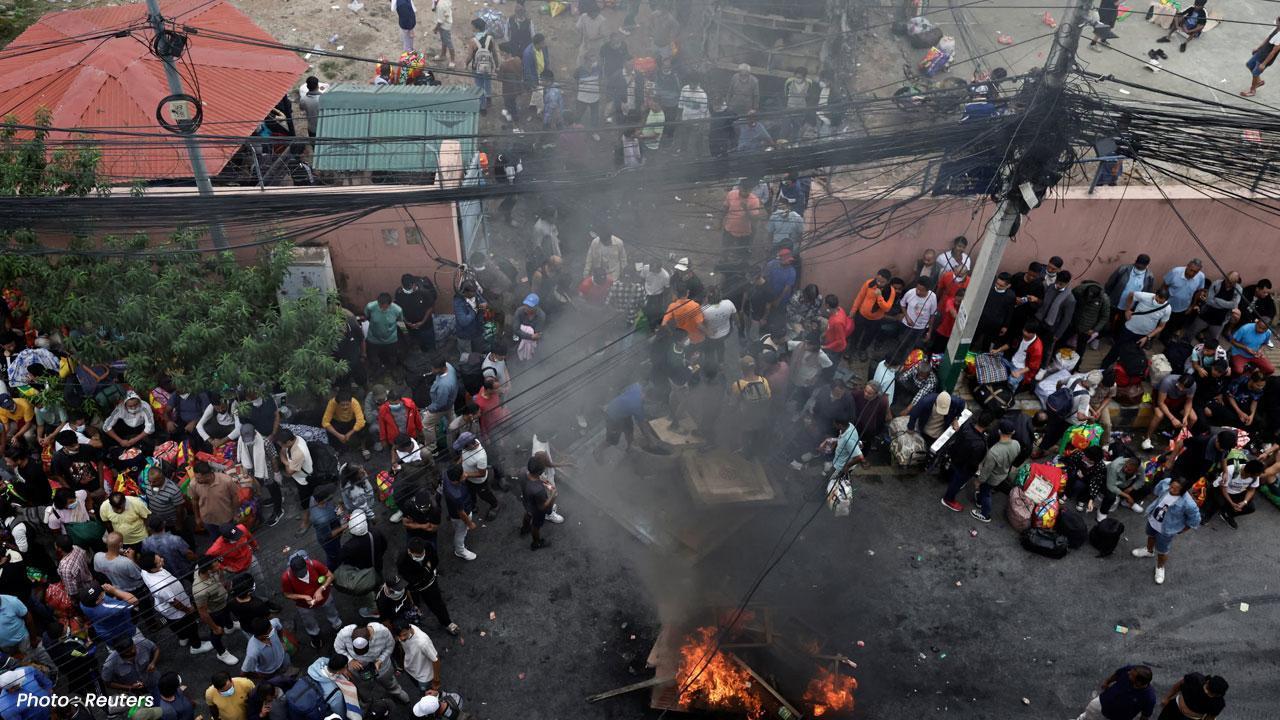
Post by : Raman
In Nepal, a powerful protest led by young people called "Gen Z" has changed the country's government. The protests started because many young Nepalese were angry about corruption, social media bans, and poor economic conditions. These protests became the largest and most violent unrest since Nepal ended its civil war and monarchy in 2008.
It all began on September 8, when students and young workers gathered outside Nepal's parliament. Among them was Aditya Rawal, a 22-year-old digital marketer. He stood with hundreds of other people demanding change. Suddenly, gunshots rang out. Fourteen people fell down near him. One of them was his university friend.
Aditya tried to help his friend. He raised his hands, thinking that would protect him. But the bullets hit him as well. He said, "I heard somewhere that if you raise both hands, they will not shoot you. But I was their target." Now, Aditya is recovering in the Civil Service Hospital in Kathmandu. His leg is bandaged, and bullet pieces remain in his body. Despite his pain, he said he would do it again because he wants a government free from corruption and dictatorship.
During the protests, at least 72 people were killed. A total of 458 injured protesters were admitted to the Civil Service Hospital. Among them, six died later, and four of these victims were under 30 years old. Nurse Usha Khanal, who treated the injured, described how her gloves were drenched with blood as she worked. Tear gas even entered the hospital, making the situation worse.
The protests were about more than just one issue. Young people were angry about the government's decision to ban social media. They also demanded an end to corruption and a transparent government. One protester, Subash Dhakal, shot in his knees, said, "This has toppled the government and formed a new one. We don't want the country to return to its earlier state."
Subash's mother, Bhawani Dhakal, a government school teacher, shared that she gave him money to travel 30 kilometers to join the protest. She said, "It's amazing that they brought change in just 24 hours. Our sons threw out all the corrupt leaders."
One of the main reasons for the protests was high unemployment. Data from the World Bank shows that one in five Nepalis aged 15 to 24 are jobless. The country's GDP per capita is only $1,447. Many young people felt that the government was not helping them. Instead, it was focused on stopping social media and ignoring real problems like jobs, corruption, and education.
Aditya Rawal explained, "If there is no change, we still have time to fight... We want a transparent government, no corruption and no dictatorship." His cousin, Puja Kunwar, added, "His actions were for our nation. It really gives me courage."
As a result of these protests, the former Prime Minister of Nepal resigned. The parliament and important government buildings were set on fire. The army took control of the situation. On Friday, Sushila Karki, 73 years old and former chief justice, was sworn in as the interim Prime Minister of Nepal. Her job is to lead Nepal to new elections within six months.
Her appointment was seen as a step toward change. Many people hope that her leadership will help build a transparent and honest government. The protesters, especially the youth, feel proud that their voices brought this major change.
The young generation in Nepal believes that their sacrifices are not in vain. They are proud to have taken part in the movement. Subash Dhakal said, "I have no regrets at all. I have done it not only for me. It was for everyone, from my family to all brothers. This pain is temporary, but this will definitely bring about some changes."
The protests also showed the power of unity among young people. They used their energy and courage to stand against unfairness. Their main goal is to create a government that works for the people and helps the nation grow.
Nepal's story teaches an important lesson to the world. Change is possible when people, especially the youth, stand up for their rights. A strong and fair government is not only about leaders but also about people who dare to fight for justice. Good governance, respect for freedom, and providing opportunities to young people can make a nation strong and peaceful.
It is important for other countries to listen to their young people. Governments should focus on building good roads, providing jobs, ensuring safe education, and stopping corruption. When these things are in place, people can live a better life without fear.
The Gen Z protest in Nepal has brought historic change. It shows how courage and unity can challenge corruption and dictatorship. Sushila Karki as the interim Prime Minister is now tasked with making sure elections happen and that Nepal moves toward a better future.
Aditya Rawal, Subash Dhakal, and thousands of young people proved that standing up for the truth is never easy but always worth it. Their message is clear: No matter the cost, fighting for a transparent and fair government is the right path. Their dream is simple – a Nepal where every young person can live freely, safely, and with dignity.
Nepal Protests, Gen Z Activism, Sushila Karki, Interim Prime Minister, Youth Movement, Anti-Corruption

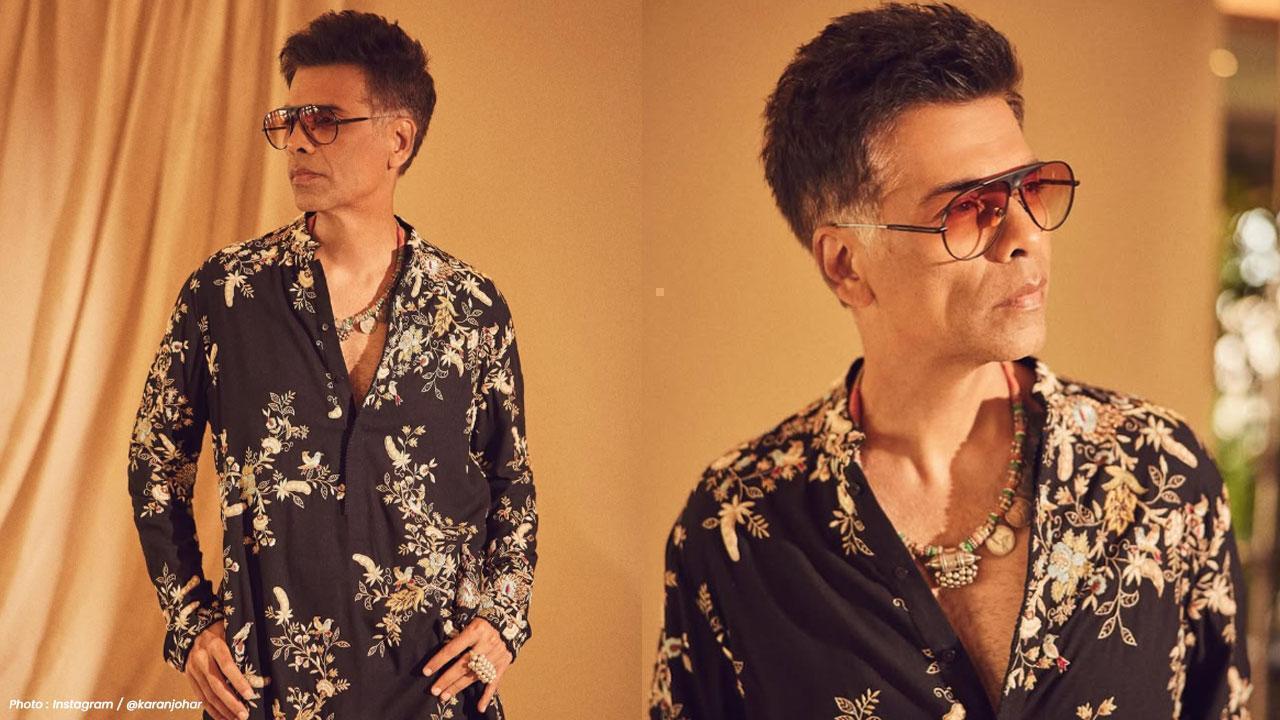


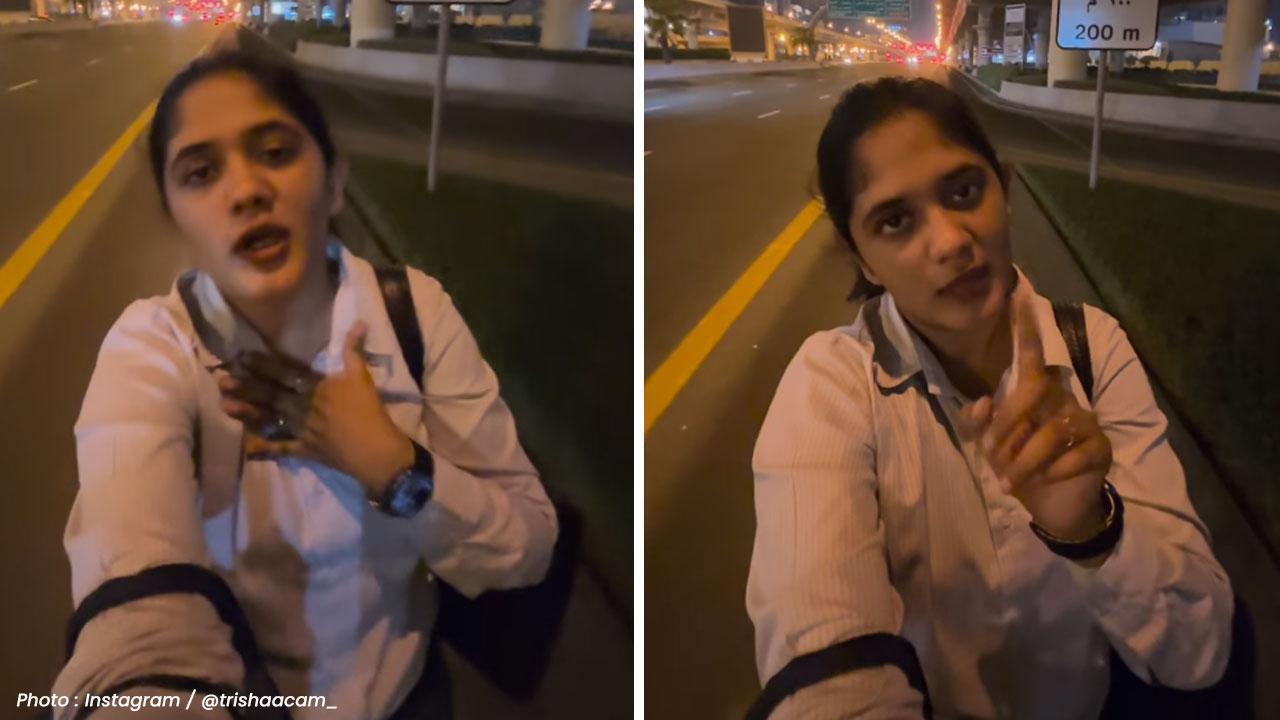

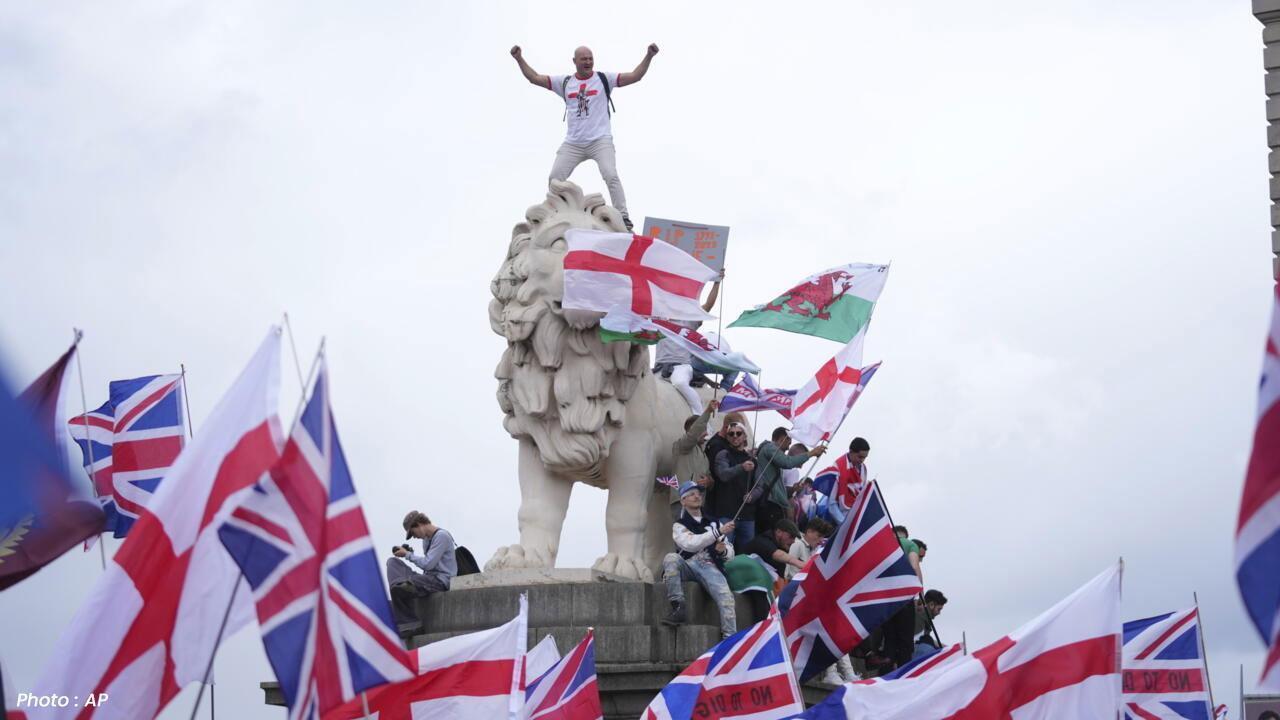
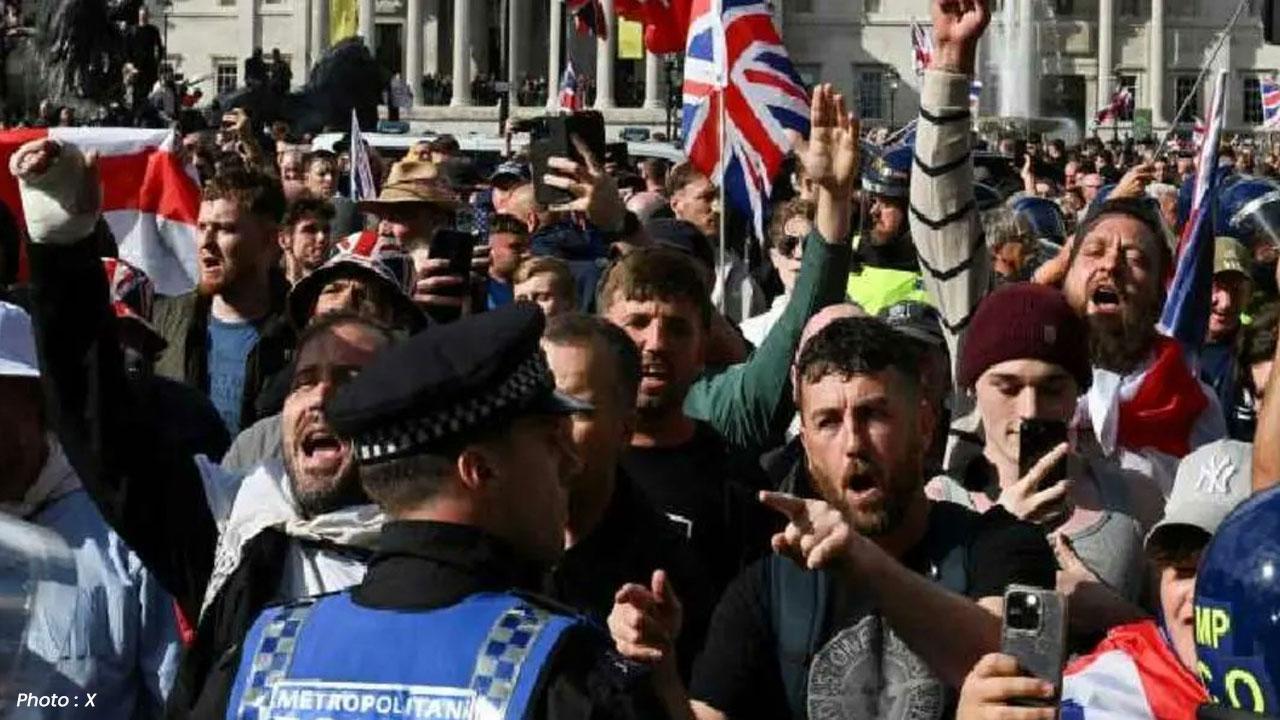
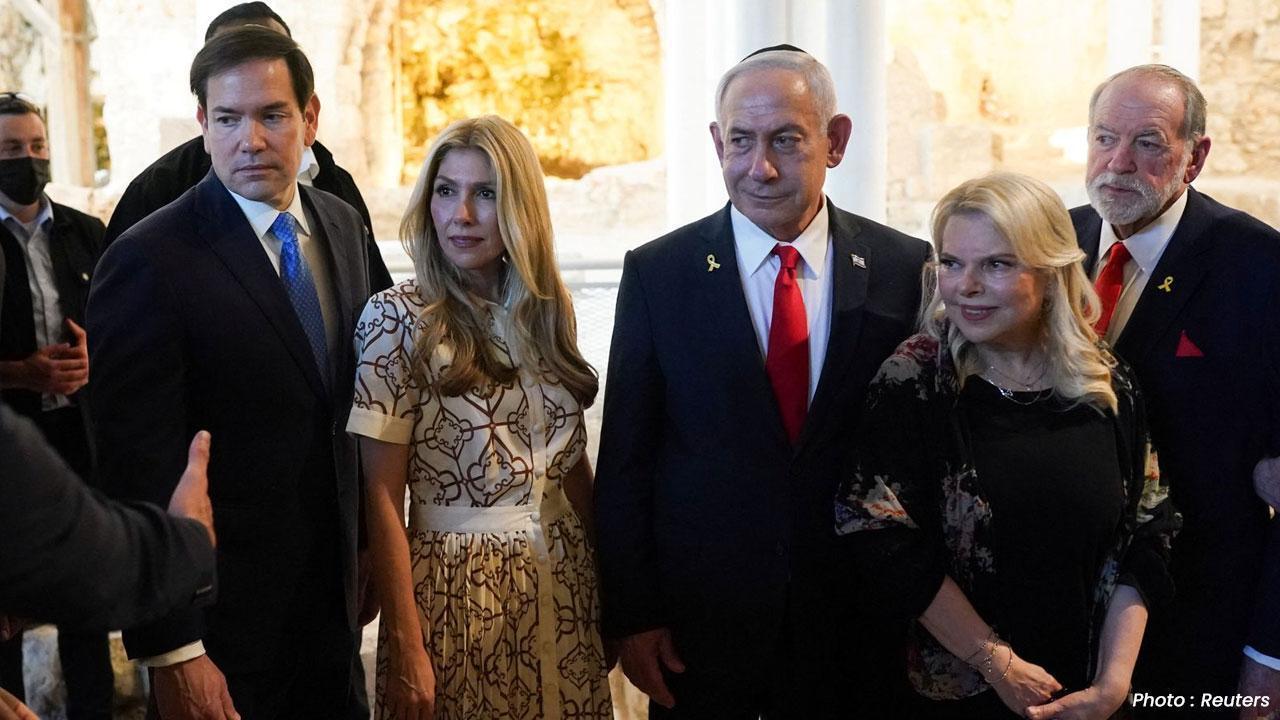

Lippo Di Carrara wins UAE President’s Cup Derby at Doncaster
Lippo De Carrere shines at Doncaster, winning the UAE President’s Cup UK Arabian Derby, the richest

Jaismine Lamboria Wins World Boxing Gold for India
India’s Jaismine Lamboria claimed World Boxing gold, while Nupur Sheoran earned silver and Pooja Ran
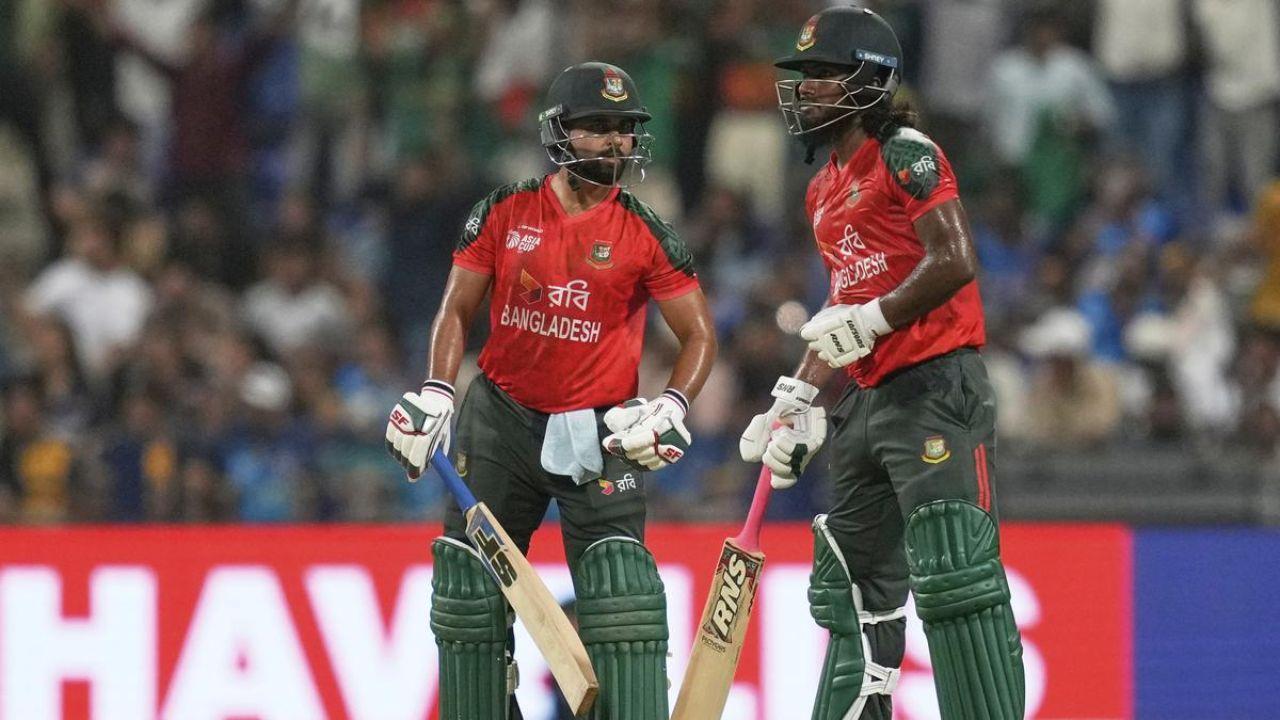
Sri Lanka beat Bangladesh by 6 wickets in Asia Cup 2025 opener
Sri Lanka started their Asia Cup 2025 campaign with a six-wicket win over Bangladesh, powered by Nis
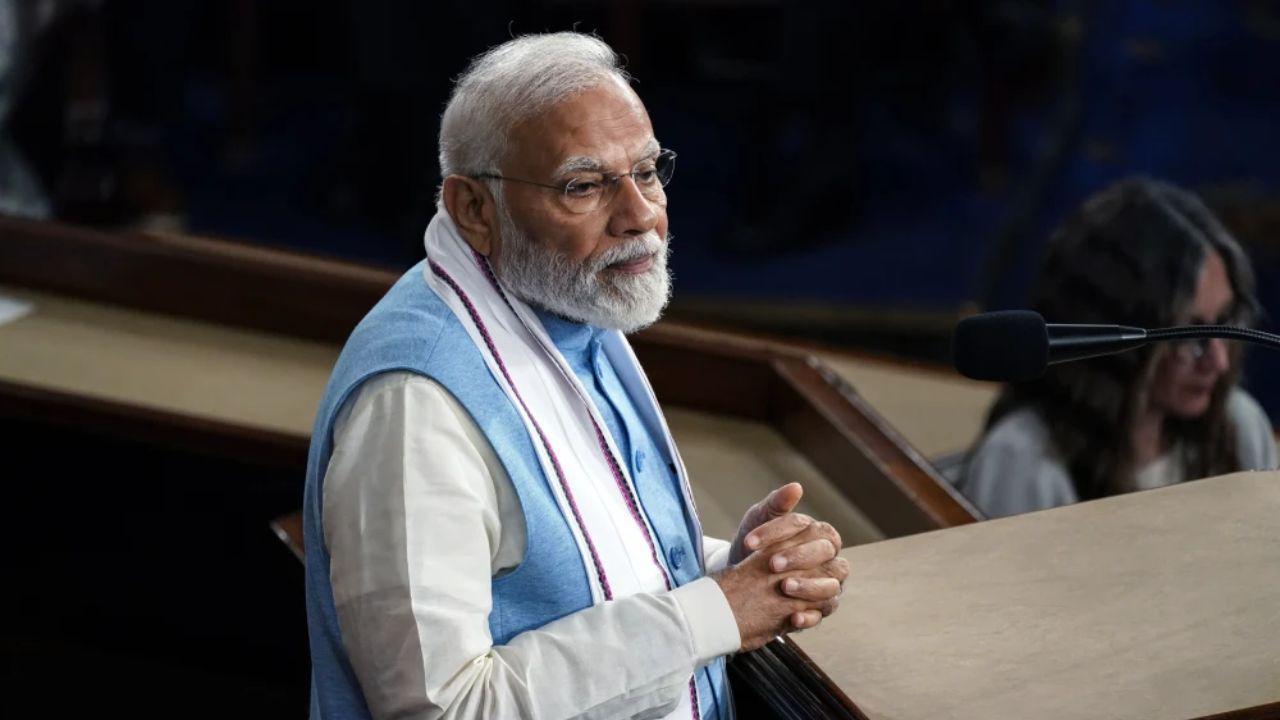
PM Modi Lays ₹6,300 Crore Projects in Assam Criticizes Congress
PM Modi accuses Congress of backing infiltrators, lays ₹6,300 crore health and infrastructure projec
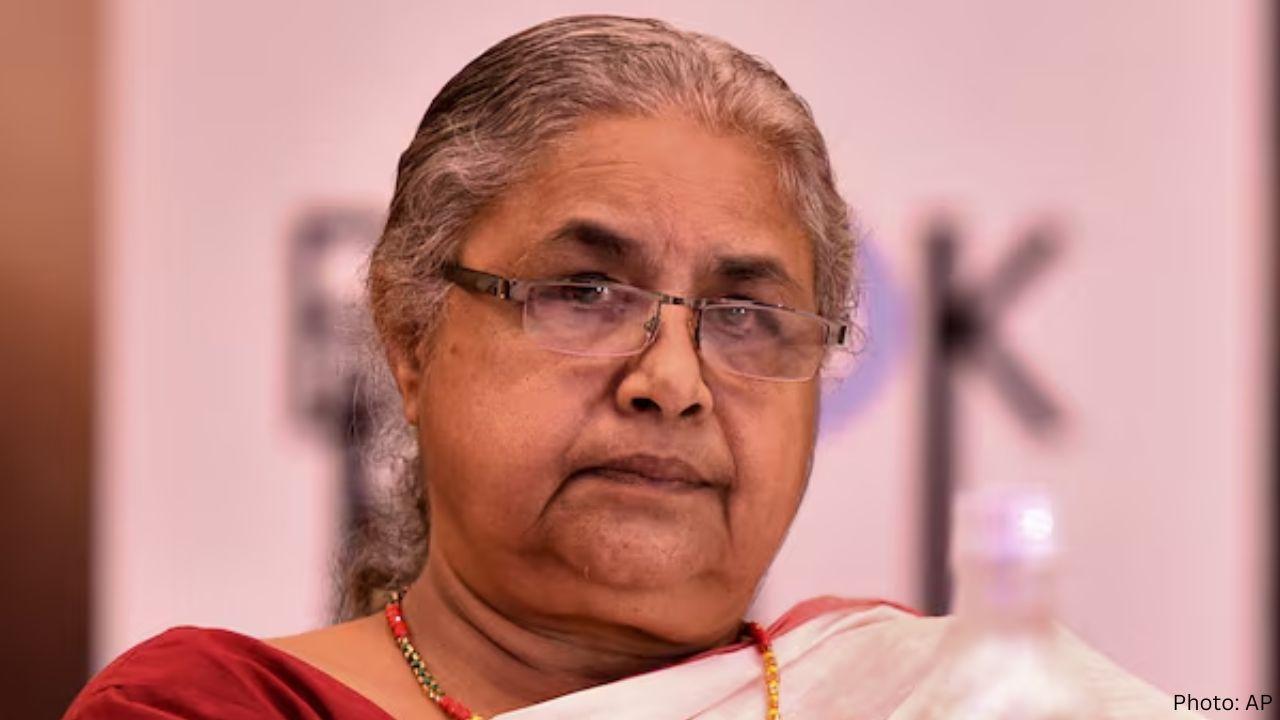
Sushila Karki Becomes Nepal’s First Woman Prime Minister
Eminent jurist Sushila Karki, 73, becomes Nepal’s first woman prime minister after Gen Z protests to

Netanyahu gambled by targeting Hamas leaders in Qatar. It appears to have backfired
Netanyahu’s airstrike on Hamas leaders in Qatar failed, hurting global ties, angering allies, and ra